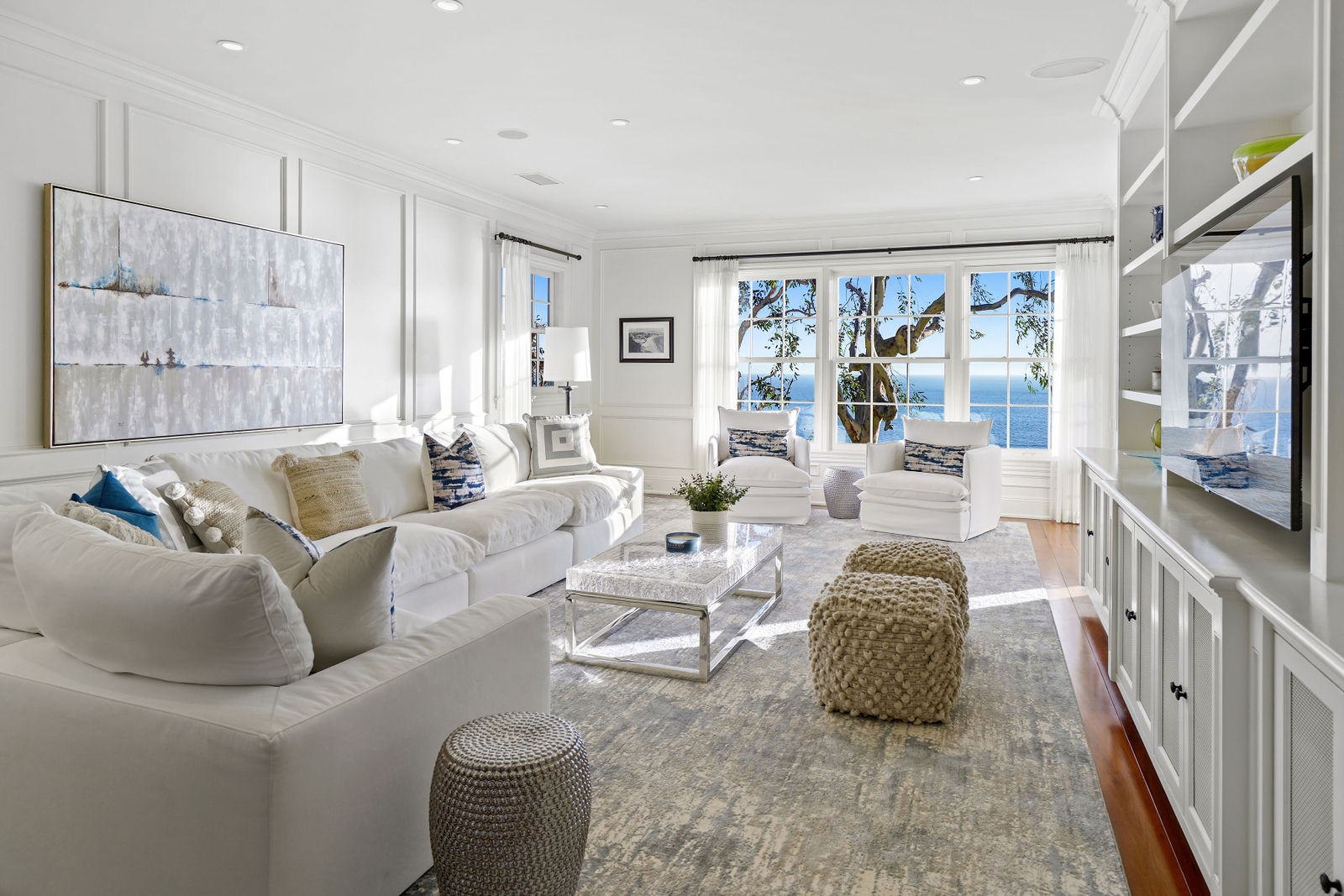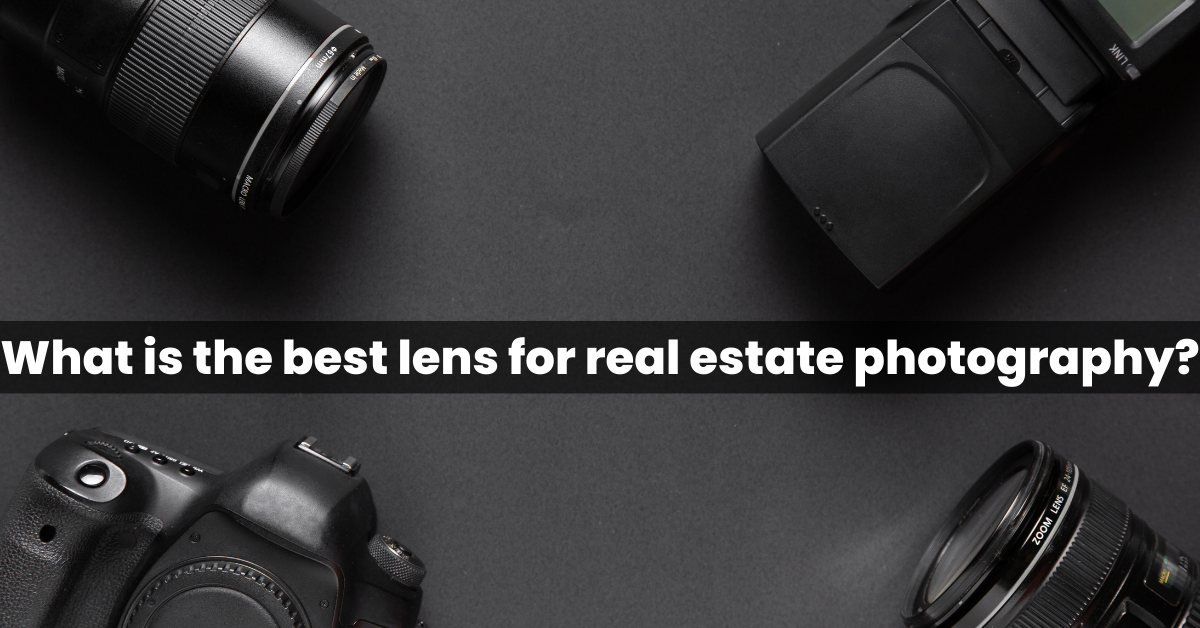Many say that lenses are more important than the camera itself. Sometimes the prices may show that sentiment as well. Unfortunately, most of the lenses are more expensive than the actual bodies of the camera. That’s why we wanted to discuss the best lenses and dive into lenses for real estate photography.
Page Contents
Best Lens for Real Estate Photography
Our photographers at Revepix currently shoot with Sony cameras which are Miralis in the full frame, but in the past, we have shot with crop frame canon cameras. We will go over the best lens for real estate photography on both types of cameras. That’s why we wanted to discuss the best lenses and dive into lenses for real estate photography.
Here we’ve picked some of the lenses that real estate photographers widely use:
Wide-Angle lenses
It is excellent cause they are best for real estate photography as they let you capture wide-angle shots in tight spaces. It is extremely sharp throughout the range, lightweight, and super portable. It lets you click the best ultra-wide focal length and accurate photos. Here are some types of wide-angle lenses:
- Prime Lenses
The prime lens has an unchangeable focal length, offers great sharpness, and lets you click photos better than a zoom lens. They’re fantastic for photographers that desire the highest optical clarity and a shallower depth of field in their pictures and videos. For example, 35mm, 50mm, and 85mm are common focal lengths for prime lenses.
- Tilt-shift Prime Lenses
The greatest practical application of tilt-shift lenses in real estate photography is to make the image as realistic-looking as possible. For example, the photographer can maintain a vertical line by moving the lens straight ahead rather than angling it up. This distortion causes the vertical lines to converge into a pyramid shape when viewed through a standard or wide-angle lens.
Best Lens For:
Natural Light Photography
It depends on the photographer’s shooting style and preferences. However, some general advice would be to use a lens with a wide aperture (e.g., f/2.8 or wider) to let in more light and choose a focal length appropriate for the desired field of view.
For example, a 50mm lens is often a good choice for shooting in tight spaces, while a longer focal length, like 85mm or 135mm, can be better for isolating subjects.
Artificial Light Photography
The best lens for artificial light photography would be a fast prime lens. A fast prime lens has a large aperture, typically f/2.8 or wider. It allows more light to enter the camera, which is helpful when shooting in low-light conditions.
A fast prime lens also has a shorter focal length, which helps photograph close-up subjects.
Twilight Photography
A wide-angle lens is the best choice for twilight real estate photography, as it allows you to capture the expansive sky and the subtle colors of the sunset. The wide-angle lens will allow you to capture the lightest possible and get the clearest image possible.
Interior photography

The perfect lens for real estate interior photography is a wide-angle lens. This lens allows you to capture more of the room in your photo, which is ideal for interiors and virtual staging. It depends on several factors, including the type of interior being photographed, the amount of light available, and the desired effect.
However, some lenses commonly used for interior real estate photography include wide-angle, fisheye, and macro lenses.
Things to consider before buying a lens for real estate photography
There are various types of things that you need to consider while buying a lens for real estate photography, like the type of camera you are using or the type of property you are photographing. Here are a few points you need to consider before buying a lens:
Crop factor
The crop factor is the ratio of the dimensions of a camera’s sensor to the dimensions of a 35 mm film frame. It is commonly used to describe how a lens will perform on a particular camera.
For example, a 50 mm lens on a camera with a 1.6x crop factor will have a field of view of 80 mm. If you plan to use your camera for real estate photography, you should consider the crop factor when choosing lenses. A wider angle lens will allow you to capture more of the scene, while a longer focal length lens will allow you to capture more details.
Focal Lens
A Zoom lens has a changeable focal lens, whereas a prime lens has a fixed focal length. Realizing which equipment best fits your shooting style takes time. Some photographers stick to their prime lenses and never use zoom lenses, while others end up with a superzoom lens.
It doesn’t matter what you choose as long as it does not stifle your creativity as you gradually become more adept at using your equipment and begin to hone your photography talents.
Chromatic aberration and distortion
For real estate photography, you will want to use a lens with little chromatic aberration and distortion. Some good lenses for this type of photography include the Canon EF 24-70mm f/2.8L USM Lens, the Canon EF 17-40mm f/4L USM Lens, and the Tokina AT-X 116 PRO-DX II AF 11-16mm f/2.8 Lens.
Chromatic aberration and distortion lenses can be expensive, so you will want to ensure you get a good deal when buying a new lens.
Lens Sharpness
Lens Sharpness depends on several factors, including the type of camera used, the lens used, the settings used, and the photographer’s preference.
However, as a general rule, a higher aperture (lower f-number) will result in sharper images, while a lower aperture (higher f-number) will result in softer images.
Widest maximum apertures
There are a few different ways to answer this question, but the simplest answer is that the widest maximum aperture for real estate photography is f/2.8. It is the largest aperture typically available on lenses with full-frame cameras, allowing you to capture images with a shallow depth of field.
Some lenses have a wider maximum aperture, but they are typically much more expensive and may not be worth the investment for real estate photography.
Image Stabilization
It will help to reduce camera shake and produce sharper images. Some of the best lenses for real estate photography include the Canon EF 24-105mm f/4L IS USM Lens, the Nikon AF-S VR Nikkor 24-120mm f/4G ED VR Lens, and the Sony FE 24-105mm f/4 G OSS Lens.
Wide Lens
This lens would allow the photographer to capture a wide area in the frame, making it ideal for photographing properties. The wide lens allows you to take photos with a wider field of view, taking photos with a wide angle and taking in more of a scene.
How to Make the Best Use of Your Lenses in real estate photography?
In real estate photography, lenses are used to capture images of properties. Wide-angle lenses are best for capturing images of large properties or groups of people.
- For mirrorless cameras, the 16mm lenses are the best. The great thing about 16 mm is that it’s not too wide, where you get the fish eye effect or distortion. It is the perfect amount to capture the room and everything inside of it and give a slight illusion that it is bigger than it is.
- We can use the Sony 16 to 35 mm lens. There is the F2.8 option and the F4.0 option; since we are not shooting with the aperture wide open, it’s not completely necessary to get the 2.8 option, but the build is better, and it is great for other photography modes, so if money is not an issue you can get the 2.8.
- When shooting on a crop frame camera, like the cannons we used to shoot with, the 10 mm lens is equivalent to the 16 mm full frame lens. We recommend you get the Canon 10 to 18 mm or the 10 to 22 mm.
Conclusion
DSLRs and mirrorless cameras are much more expensive than they once were.
Having the greatest equipment will improve your images. However, it might make less of a change if you have spent years refining your art. Experiment with different lenses to choose one that is best for you.
To know more about Real Estate photography and get more information on how our photographers at Revepix click professional photos using these lenses, Contact Us for it.



